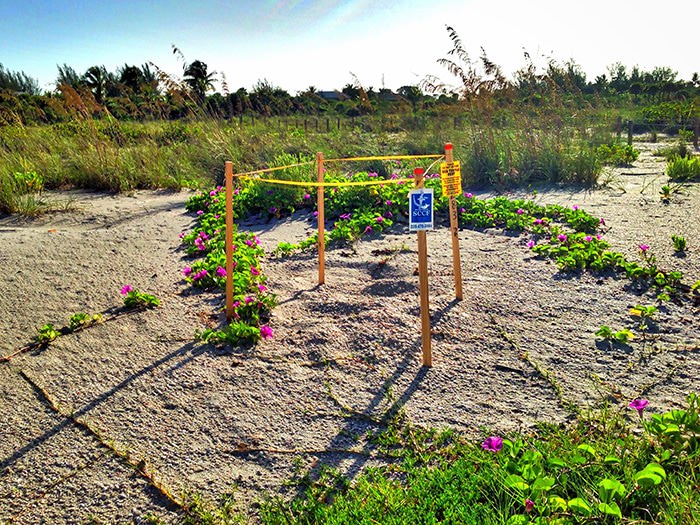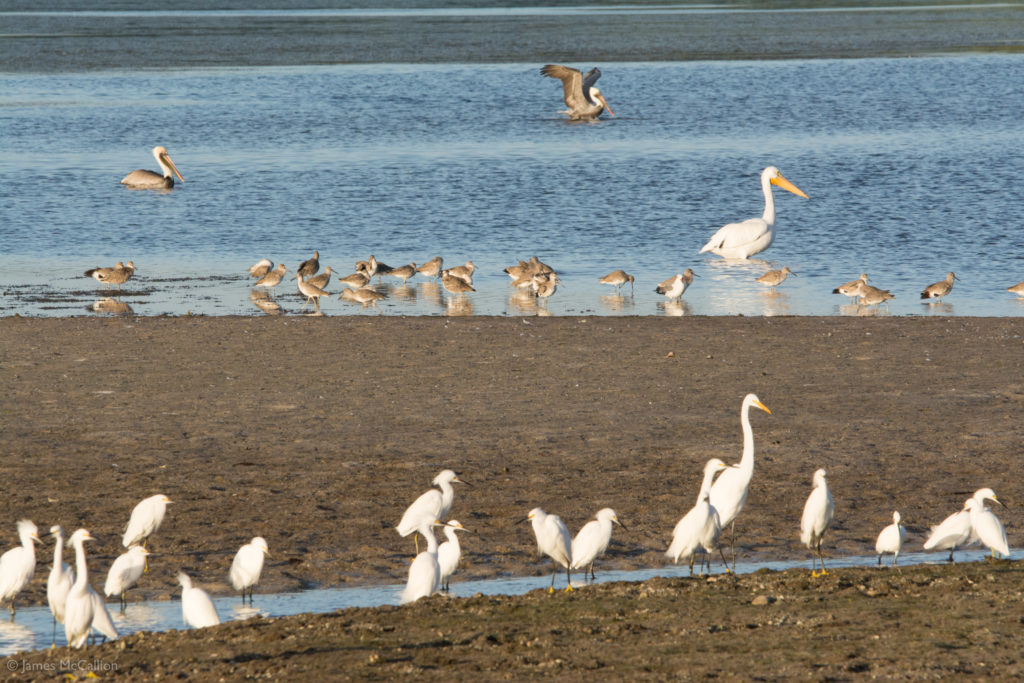We’re talking trash today on the 53rd Anniversary of Earth Day.
This topic is especially important to Sanibel and Captiva as the islands are home to many species of wildlife that are susceptible to consuming or getting tangled in our trash. More than 67% of Sanibel Island is conservation land, preserved as a natural habitat for wildlife. The remaining percentage of the island has restricted building codes and rules enforced to protect the habitat for these animals.

The islands are a sanctuary for birds, fish, sea turtles, reptiles, bobcats, and yes, alligators. These creatures live in harmony with residents and those visiting the island. Since we all share the same home, we must be vigilant in our efforts to protect and enhance the island’s delicate environment and ecosystem.
How Can You Help?
Here are a few tips we pulled from Sanibel’s Environmental Reference Handbook to help keep our islands wild & wonderful:
- Enjoy birds from a distance. Our beaches have shorebirds that stop by to “refuel” during their migration. Causing the birds to run or fly away from you wastes the energy they need to survive their migration. Enjoy the birds from a distance and try not to scare them off.
- Stay clear of nesting areas. This may seem obvious, but some nesting sites aren’t marked, and therefore, aren’t obvious. If you notice tracks or holes in the sand, it’s best to stay clear of the area.

- Don’t feed the pelicans. Pelicans have associated humans, especially fishermen, with food, but feeding the birds large fish can obscure their intestines and can be fatal. Avoid feeding pelicans and any of the other species of birds on the island.
- Don’t pick the flowers. The vegetation along the shore is a crucial part of maintaining the dunes, which protect the island’s shoreline. Sanibel and Captiva beaches are not groomed with machinery or rakes because the beach debris that occurs naturally is an important part of some animals’ diets and habitats.
- Pick up after yourself and your pets. Littering is illegal and harmful to the environment, especially marine life. Aside from plastics, monofilament fishing line is one of the most commonly found trash products disposed of along the beach. These lines are dangerous to dolphins, manatees, fish, and birds. If you need mini skips for waste materials, then make sure to consider hiring from Mini green skip bins Adelaide.

Aftermath of Hurricane Ian
As you know, Hurricane Ian greatly damaged many homes and buildings in SWFL last fall. Our waterways, beaches, and estuaries might still have trash and debris leftover from the storm. You can do your part this Earth Day by cleaning up the beach, parks, and waterways that you visit. Every trash bag or handful of trash removed makes a difference for our wildlife and environment.
Storm recovery is a long and complex process, especially when it comes to clearing the debris left behind in natural areas and residential spaces. After a hurricane, broken wood, plastic, and other storm-related waste can clog waterways and litter beaches, posing a threat to both wildlife and the environment. Responsible waste disposal plays a crucial role in this recovery effort.
Having a reliable system in place to collect and remove debris helps prevent long-term damage to ecosystems and ensures that recyclable materials are processed properly. Services like Blue Bin Dumpsters offer an effective solution by providing convenient dumpster rentals, making it easier for communities and homeowners to manage the large-scale cleanup efforts that follow natural disasters. Proper disposal not only clears the landscape but also supports the broader goal of restoring balance to local ecosystems.
Storm recovery efforts don’t just stop at clearing debris—they require a coordinated approach to waste management that ensures both efficiency and environmental responsibility. From uprooted trees and damaged furniture to scattered plastics and construction materials, the sheer volume of waste left behind after a storm can overwhelm local disposal services. That’s why having access to reliable dumpster rental services is crucial in streamlining cleanup operations.
While community-led initiatives and government efforts play their part, residents and businesses looking for a practical solution to their disposal needs can contact this company for professional assistance. With the right dumpster size and timely pickup services, storm waste can be managed effectively, reducing the risk of further environmental harm and making the road to recovery smoother for all affected areas.
So on this 53rd Anniversary of Earth Day, we hope you will practice Earth-friendly habits – not just on Sanibel & Captiva, but wherever you go!
Click here to see what Earth Day events are happening this year.
